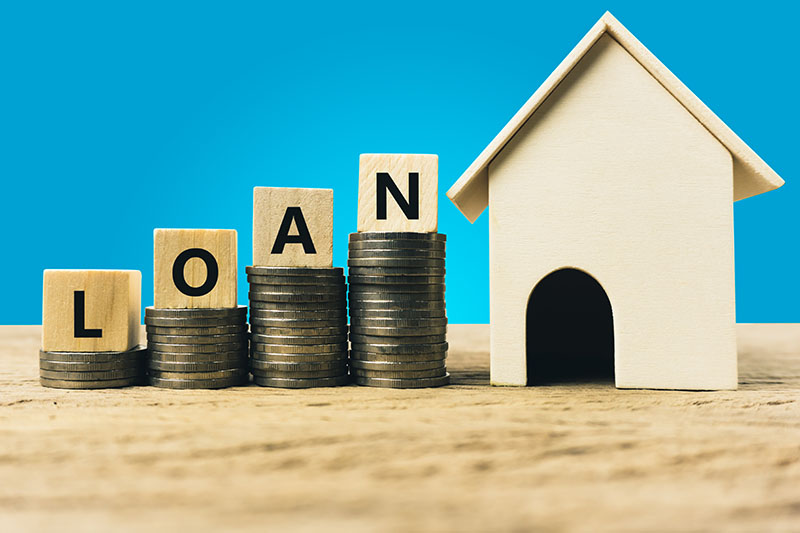Why Spring is a Prime Time for Real Estate Spring consistently ranks as one of…
15 vs. 30 Year Fixed Mortgage: Which is Right for You?
A loan for the purpose of purchasing a home, called a mortgage, is an agreement between a borrow and a lender for a specific amount of money. To be borrowed at a specific interest rate and for a specified length of time. While borrowers and lenders can agree to any terms, the most commonly offered lengths of time for a mortgage are 15 or 30 years. Here are a few things to consider about 15 year vs 30 year fixed mortgages.
The 15-year mortgage
You will pay less in interest. If you borrow $100,000 to purchase a home at a 4% interest rate, paying over a longer period of time will mean more interest on the money borrowed. So, a 15-year mortgage can significantly cut down on the interest that you pay. Add to that the lower interest rates that are often available for 15-year home loans and you could have some big savings available.
Your monthly payment will likely be higher. Even with the lower interest rate, you will probably have a slightly higher payment with a 15-year vs 30 year fixed mortgage. This happens because you are paying more towards principal from the beginning. But, you will be mortgage-free in half the time, which is no small feat.
The 30-year mortgage
You will pay more in interest. Longer mortgage means more interest charged. This is how banks and other lenders make their money. They loan you, the borrower, money and collect their interest over the 15 or 30 years it takes you to pay them back.
Your monthly payment will likely be lower. Because you are spreading out your payments over a longer period of time, they will almost always be lower with a 30-year mortgage. If your monthly budget is tight, this may be a better way to go.
Talk to your lender about the pros and cons of 15 year vs 30 year fixed mortgages to decide which option is best for you.





